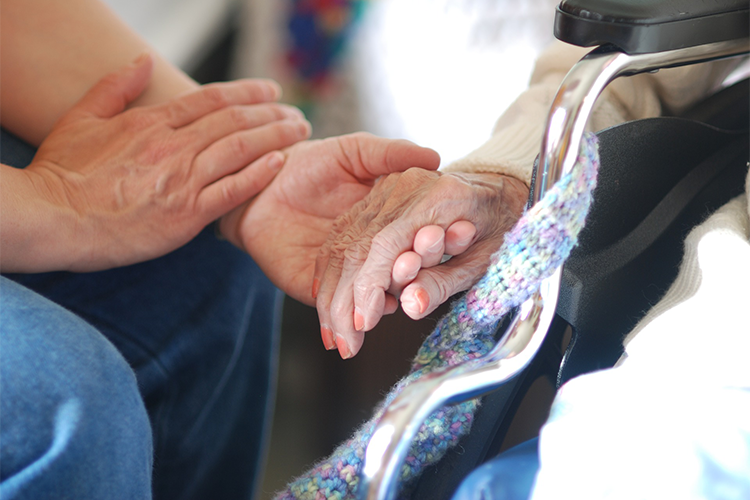Many people, as they grow older, consider giving away their homes during their lifetimes. We call this a “lifetime transfer” and contrast it with a transfer to heirs that becomes effective at death. When thinking about a lifetime transfer of their homes, people often consider things like avoiding probate, having someone else take responsibility for upkeep, helping a family member, or encouraging someone to live with them and provide care to them. Sometimes they believe that if they need nursing home care, Medi-Cal will take their homes from them.
Things to Consider
If you are thinking about making a lifetime transfer of your home, there are many things to consider first.
Loss of Control: If you transfer your home, you will lose control over it. You will have no say in whether it is sold, mortgaged or used for purposes you dont like. You may lose your right to live in your home or to rent it out.
Creditors: If you transfer your home, you may create problems if a creditor has a lien on it or if you file for bankruptcy. Also, the new owner of the home may have creditors who are able to make claims against the home.
Impact on SSI Benefits: Under today’s SSI (Supplemental Security Income) rules, in some circumstances a person may give away his or her home and not be penalized. Failing to follow SSI’s rules, however, can make you ineligible for SSI for a lengthy period of time. Also, if you receive SSI, transfer your home and continue to live there without paying rent, your SSI benefits will likely be reduced. Further, giving your home to someone who receives SSI and already owns a home will likely cause that person to lose SSI benefits.
Medi-Cal Eligibility: Under current rules, owning your own home will not keep you from being eligible for Medi-Cal to help with nursing home costs as long as you intend to return home or your spouse or certain other related persons live there. Under coming rule changes, however, home equity limits will apply in the future.
Medi-Cal Transfer Penalties: In several circumstances under todays Medi-Cal rules, a person is allowed to give away his or her home and not be penalized. Failing to follow Medi-Cals rules, however, can make the person ineligible for Medi-Cal nursing home coverage for a lengthy period of time.
Medi-Cal Recovery: Medi-Cal keeps track of the amounts it pays to help a person with nursing home care. Medi-Cal seeks repayment of those amounts when the person dies, from assets the person owns when he or she dies. This could include the home. However, Medi-Cal must suspend recovery if the asset goes to a spouse (and may never recover if the person is survived by a disabled child).
Capital Gains Tax: If you transfer your home, and it has gone up in value, the new owner may well have to pay a capital gains tax on sale of the home (which tax would have been avoided if you waited to transfer your home until your death).
Estate and Gift Tax: If you transfer your home, you will probably need to file a gift tax return. You will use up some of your lifetime estate and gift tax protection. Whether you will need to pay gift tax will depend on the value of your home and the value of other assets you have given away in the past. For more information, see our Federal Estate and Gift Taxes Nuts and Bolts Guide.
Property Tax: If you transfer your home, you won’t have to pay the property taxes. However, the transfer may cause a property tax reassessment, so that the new owner would have to pay higher property taxes.
Obtain Good Advice: You should never give away your home without first getting advice from your own attorney (not the attorney for the person who would receive your home). Your attorney should be one who is knowledgeable in elder law or estate planning.
Be careful out there!



